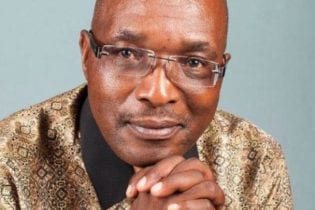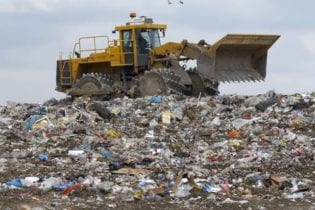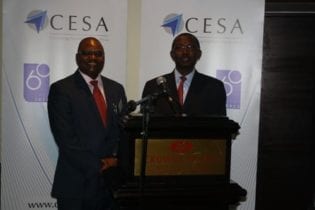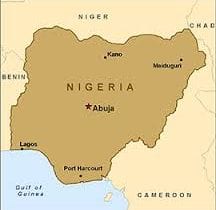The South African Institution of Civil Engineering (SAICE) inaugurated its 112th president, Stanford Mkhacane, at the SAICE Presidential Inauguration and Gala Dinner on 13 February. The event was attended by various high-profile guests, including...
President Jacob Zuma says the government has spent R1 trillion on public infrastructure over the past five years. During his State of the Nation Address, the president said that infrastructure was identified as a major job driver in 2009. Since...
Valentine’s Day has become a blooming trade in flowers for IAG Cargo as preliminary figures from key Latin American producers, show that flower volumes from the important markets of Colombia and Ecuador have increased by about 25 per cent on last...
The number of informal waste pickers who collect garbage at municipal landfill sites and sell it for recycling is growing. Typically seen as a nuisance, government has previously attempted to ban the practice of waste picking. However, government...
The amount of untreated waste material containing uranium is growing after the 28% percent plunge in the gold price last year left many mine sites abandoned. Waste rock from hundreds of mines has been deposited around Johannesburg over the years,...
The term toxic waste is widely used and difficult to define. For easy reference it should include substances which are harmful to life and the environment ie poisonous, radioactive, flammable, explosive, corrosive, carcinogenic, mutagenic, and...
The National Business Initiative (NBI) together with the EThekwini Municipality launched the KZN Private Sector Energy Efficiency (PSEE) project at the Moses Mabhida Stadium, and they are calling on business to register their interest in the...
Consulting Engineers South Africa (CESA) introduced its 2014 theme to the media this morning: sustaining consulting engineering key to growing the economy. Naren Bhojaram, CESA’s past president identified five key sustainabilityfactors in 2013:...
The Nigerian government needs help from the private sector to meet the nation’s infrastructure needs for energy. Nigeria needs $900 billion (R9.8 trillion) to fix its energy sector. In order to add 5 000 megawatts to the grid over the next few...












